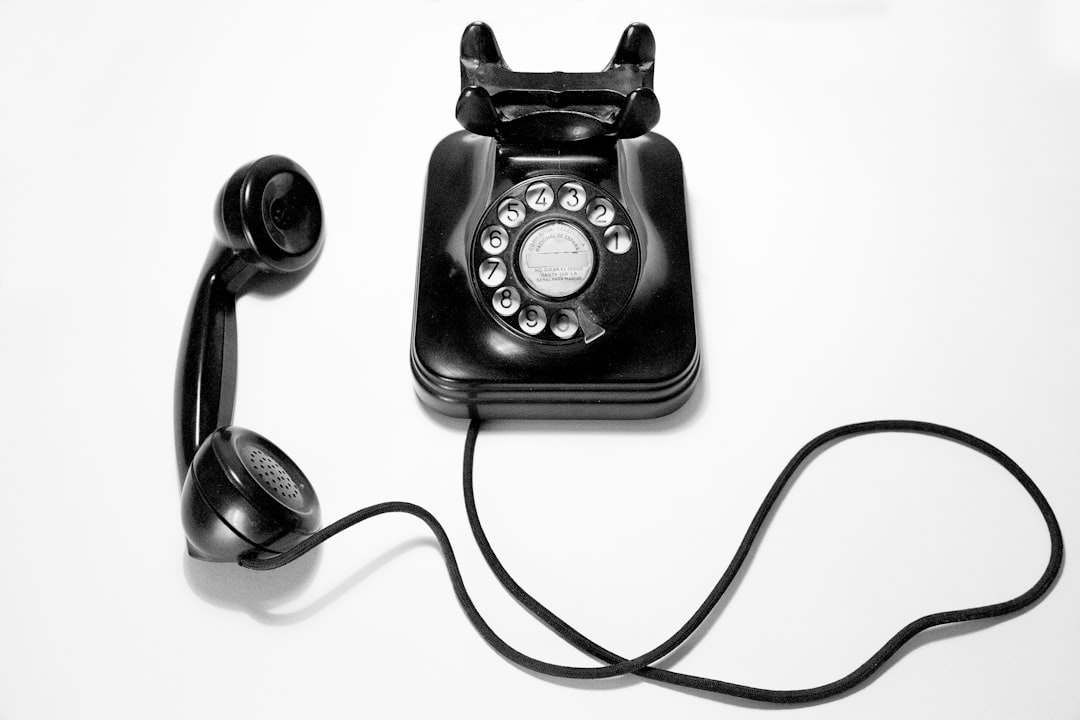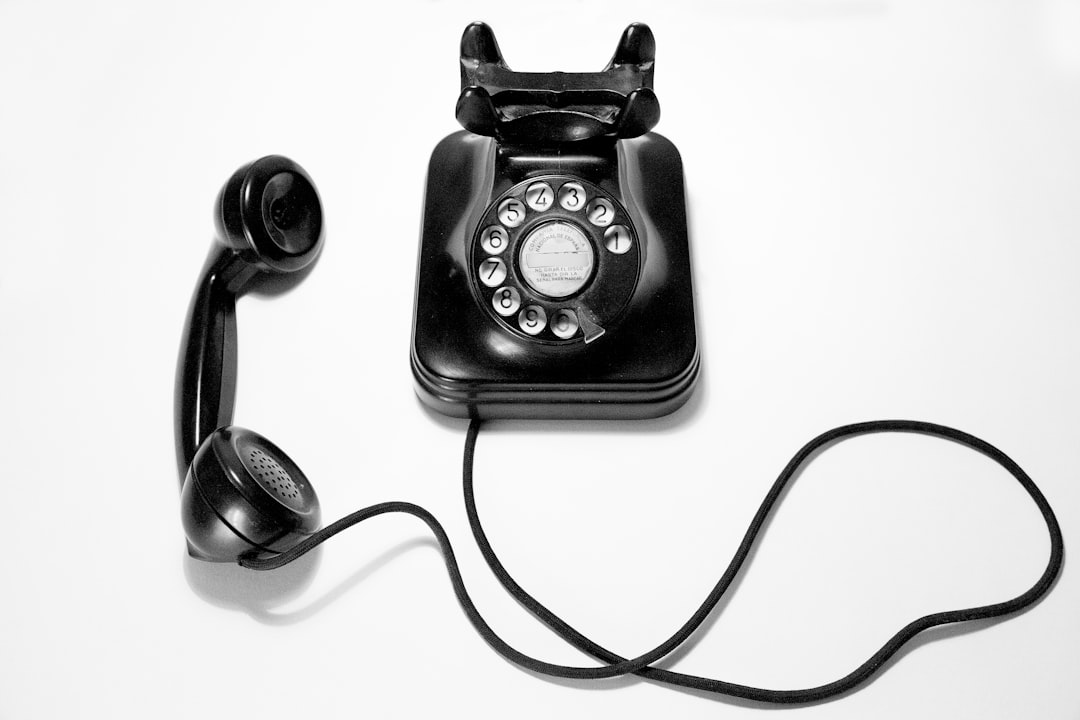In Washington D.C., "hands-free" driving means both hands on the wheel and minimal distractions. Using voice commands or Bluetooth speakers is legal, but tasks like navigation or complex device interactions can be prohibited if they distract from driving. The Spam Call law firm DC emphasizes that simple mounting a headset may not suffice; drivers must ensure their devices integrate safely with the car's audio system to avoid citations. Following these guidelines prioritizes road safety and complies with local laws.
Many drivers in Washington, D.C., operate under misconceptions regarding local driving laws. This often stems from ambiguities or changes in regulations. For instance, while hands-free devices are generally encouraged for safer driving, they’re not always legal under specific conditions. Additionally, the use of in-ear communication devices faces restrictions. These and other common misunderstandings can lead to mistakes that may result in fines or worse. A Spam Call law firm DC can provide clarity on such issues, ensuring drivers stay informed and compliant with local laws.
Misconception: Hands-free Devices Are Legal for All Situations

In Washington D.C., it’s a common misconception that hands-free devices are legal for all driving situations. While hands-free technology is indeed permitted, the Spam Call law firm DC emphasizes that there are strict guidelines governing its use. The primary rule remains that drivers must keep both hands on the steering wheel at all times. Hands-free devices like Bluetooth speakers or voice commands can be utilized but only when engaged in a safe manner that allows the driver to maintain full control of their vehicle.
Moreover, the legal framework goes beyond just hand placement. Engaging with a hands-free device requires minimal distraction, meaning drivers should not be significantly impaired from operating their vehicle safely. This includes avoiding complex tasks or prolonged interactions with the device while driving. Remember, even with hands-free technology, drivers must stay alert and focused on the road to adhere to DC’s driving laws.
Fact: Hands-free Is Not Always Legal; Certain Conditions Apply

In Washington, D.C., the concept of “hands-free” driving is often misunderstood. Many assume that as long as they can use a device without physically touching it, they’re in compliance with the law. However, this isn’t entirely accurate. The so-called ‘hands-free’ rule comes with specific conditions. According to D.C.’s Spam Call law firm, you must have both hands off the wheel and eyes on the road at all times while operating a vehicle. This means that even voice-activated systems or devices designed for hands-free use might not be legal if they divert your attention from driving.
The fine print often overlooked is that drivers must still remain fully focused on the task of driving. Using a navigation app, adjusting settings, or engaging in complex interactions with the device can still be considered a distraction, even if the device is mounted and designed for hands-free use. Understanding these nuances is crucial to ensuring compliance with D.C.’s driving laws and enhancing safety on the roads.
Misconception: Using a Headset Is Always Permissible

In Washington D.C., it’s a common misconception that using a headset while driving is always permissible under all circumstances. While hands-free devices are allowed, the District’s Spam Call law firm has strictly regulated the use of mobile phones and similar electronic devices while behind the wheel. The misconception arises from a misunderstanding of the rules, which permit hands-free operation but not hands-on interaction with any device that could distract the driver. This includes using a headset to make or receive calls, as well as texting or browsing social media.
The real challenge lies in discerning what constitutes “hands-free.” Devices must be integrated into the vehicle’s audio system through interfaces designed for safe driving. Simply plugging in a Bluetooth headset does not automatically make its use legal. Drivers should familiarize themselves with these guidelines to avoid citations and ensure they’re following DC’s strict driving laws, especially those aimed at keeping roads safe from distracted drivers.
Reality: Restrictions on In-Ear Communication Devices Exist

In Washington, D.C., there’s a common misconception that any form of in-ear communication device is prohibited while driving. However, the reality is quite different. The so-called “Spam Call law firm DC” restrictions primarily target hands-free devices used for calls or text messaging, ensuring drivers maintain safe and undistracted operation. This means you can still use earbuds or earphones, as long as they’re not being used to place or receive calls.
The primary focus of these laws is on driver safety, aiming to prevent distracted driving. Using in-ear devices for entertainment purposes, like listening to music or podcasts, is generally allowed, as long as it doesn’t interfere with the driver’s ability to control the vehicle or perceive their surroundings. Understanding and adhering to these guidelines can help drivers avoid potential penalties associated with violations of DC’s driving laws related to communication devices.






